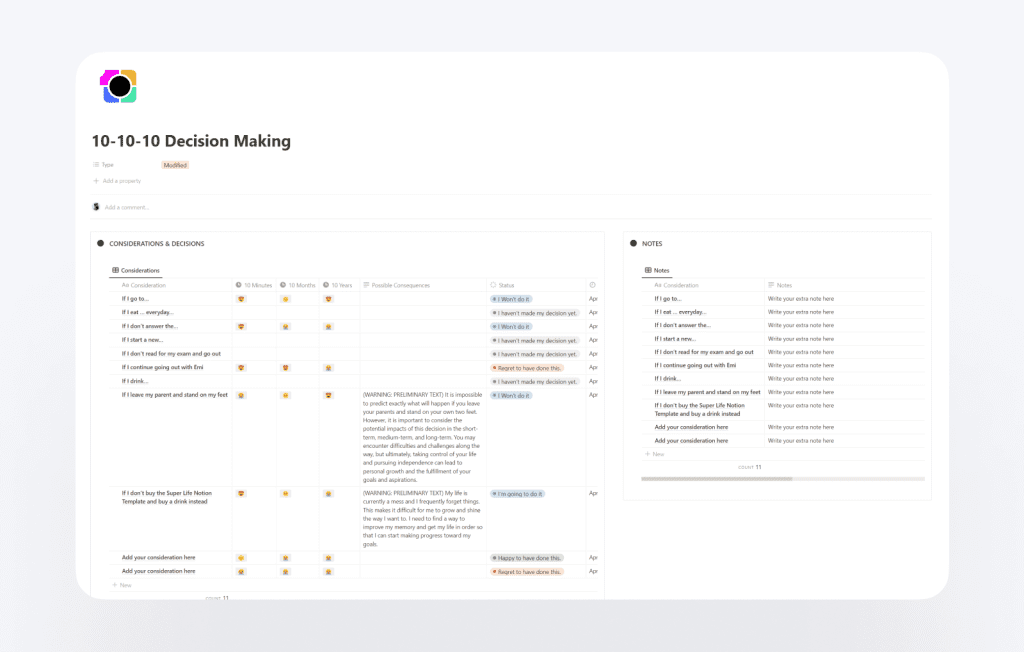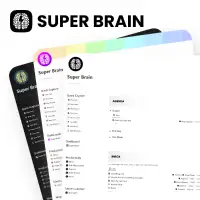Artificial Intelligence vs Human Decision Making: Unraveling the Distinctions
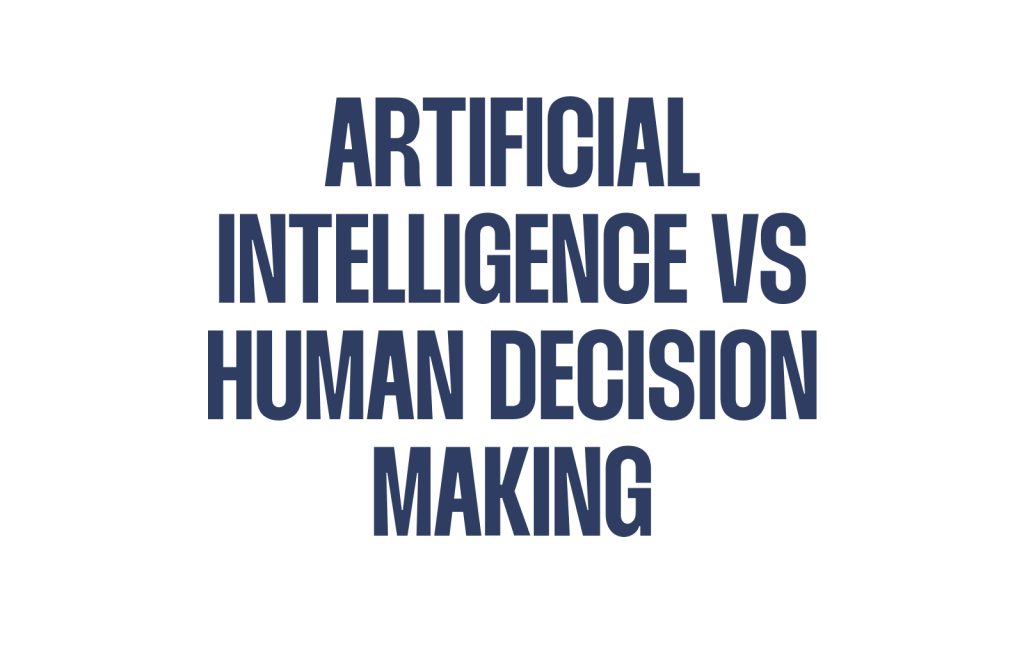
Artificial Intelligence vs Human Decision Making
Artificial Intelligence vs Human Decision Making: In the rapidly evolving landscape of technology, artificial intelligence (AI) is making remarkable advancements. Yet, there remains a fundamental difference between human decision making and machine algorithms. This article delves into the unique aspects of human reasoning and decision making, exploring why biases, emotions, and intuition play significant roles in shaping human choices.
Explore the dynamic between Artificial Intelligence (AI) and human decision making in this insightful blog post. Discover the recent advancements in AI algorithms and how they are increasingly used across various industries. Delve into the ethical considerations surrounding AI and human decision makers, and the significance of human-centered AI design. Uncover the potential benefits of collaboration between AI and humans, as well as the limitations and challenges faced by both approaches. Gain valuable insights into the role of creativity, expertise, and intuition in human decision making, while addressing the issue of bias in AI algorithms. Join the conversation on the future implications of AI’s growth and its impact on the decision-making landscape.
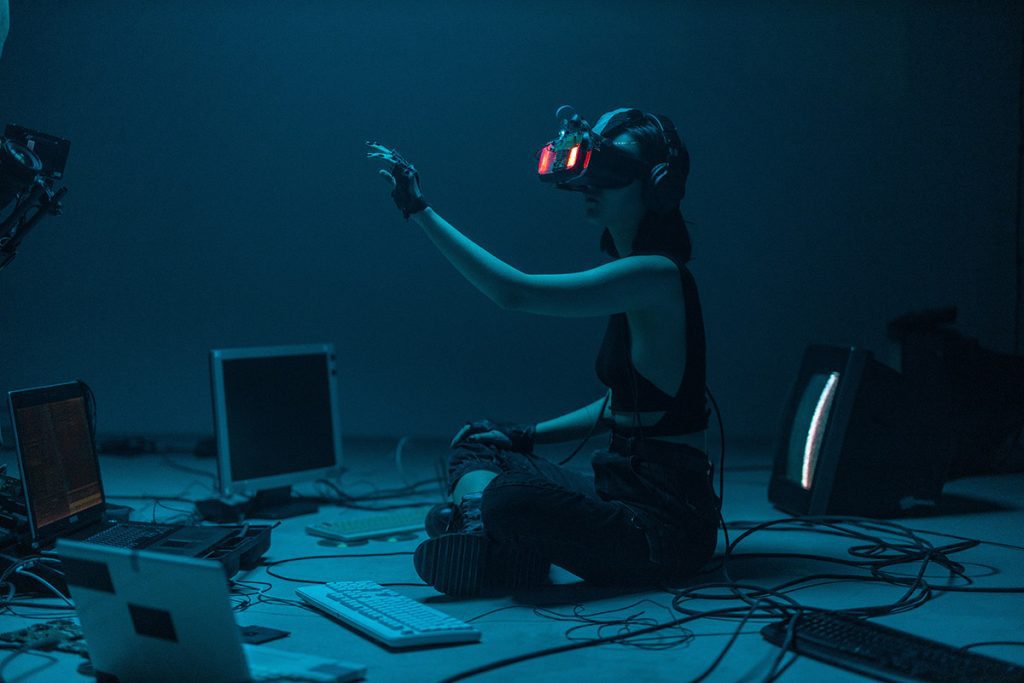
The Human Touch: Embracing Biases and Emotions
Cognitive biases are inherent to human thinking. While some may consider biases as detrimental to decision making, it’s crucial to understand their adaptive nature. Humans make strategic choices amidst complex and uncertain environments, where factors like emotion, trust, and competition influence their decisions.
The human brain is remarkably efficient, optimizing energy consumption for essential cognitive functions. It relies on “system 1” thinking, utilizing heuristics and subconscious processes to make quick decisions. This energy-saving mechanism is advantageous, particularly in high-speed, low-information situations.
The Counterargument: Recognition-Primed Decision Making
Contrary to traditional views on biases, there’s a counterargument that supports the effectiveness of recognition-primed decision making. Humans possess an extraordinary ability to recognize patterns and extrapolate information from past experiences. This allows them to make rapid and effective decisions, even in high-stakes, uncertain scenarios.
While AI algorithms excel in processing vast amounts of data, they lack the human capacity to perceive meaning, act with conviction, inspire, and cooperate in groups. The power of human cognition lies in the ability to strategize and engage in collective intelligence.
AI Advancements and Decision Making
Artificial intelligence has made significant strides in recent years, particularly in the realm of decision-making algorithms. From recommendation systems in e-commerce to predictive analytics in finance and healthcare, AI is increasingly being integrated into various industries. The emergence of advanced machine learning techniques and the availability of vast data sets have fueled the growth of AI’s decision-making capabilities. These algorithms can process enormous amounts of information, identify patterns, and make complex decisions in a fraction of the time it would take a human.

The Role of Ethics in Decision Making
As AI becomes more integrated into decision-making processes, ethical considerations come to the forefront. Both AI algorithms and human decision makers must grapple with complex moral dilemmas. Ensuring that AI systems make ethically sound decisions is crucial, especially in critical areas like healthcare, finance, and law. Ethical frameworks that guide AI algorithms and human choices play a pivotal role in determining the ethical implications of decisions.
Human-Centered AI Design
Human-centered AI design aims to create AI systems that prioritize the human experience and decision-making process. By understanding human values, emotions, and biases, AI developers can tailor algorithms to complement human decision makers effectively. Human-centered AI ensures that AI technology aligns with human needs and preferences, leading to more user-friendly and ethical AI applications.
Collaboration between AI and Humans
The collaboration between AI and humans has immense potential for achieving better outcomes and solving complex problems. AI can assist human decision makers by providing data-driven insights and predictions, while humans can provide contextual understanding and emotional intelligence. Real-world examples, such as AI-powered medical diagnosis or AI-augmented financial analysis, demonstrate the power of collaborative decision making between humans and AI.
Limitations of AI
Despite its advancements, AI has inherent limitations in understanding context, emotions, and intuition. Human decision making excels in situations that involve creativity, empathy, and understanding complex social dynamics. AI algorithms may struggle to grasp these subtle nuances, making human decision makers indispensable in certain scenarios.
Future Implications
As AI becomes more intelligent, society faces profound implications. The prospect of an AI-dominated future raises questions about the potential economic, societal, and philosophical consequences. How human decision making evolves in response to AI’s growth will shape the future landscape of work, governance, and human interaction.
AI in Ethical Decision Making
The application of AI in areas involving moral and ethical decisions is particularly challenging. Fields like healthcare, finance, and law require a delicate balance between data-driven insights and human values. Ensuring that AI-generated decisions align with ethical principles and human empathy is a critical consideration in these domains.
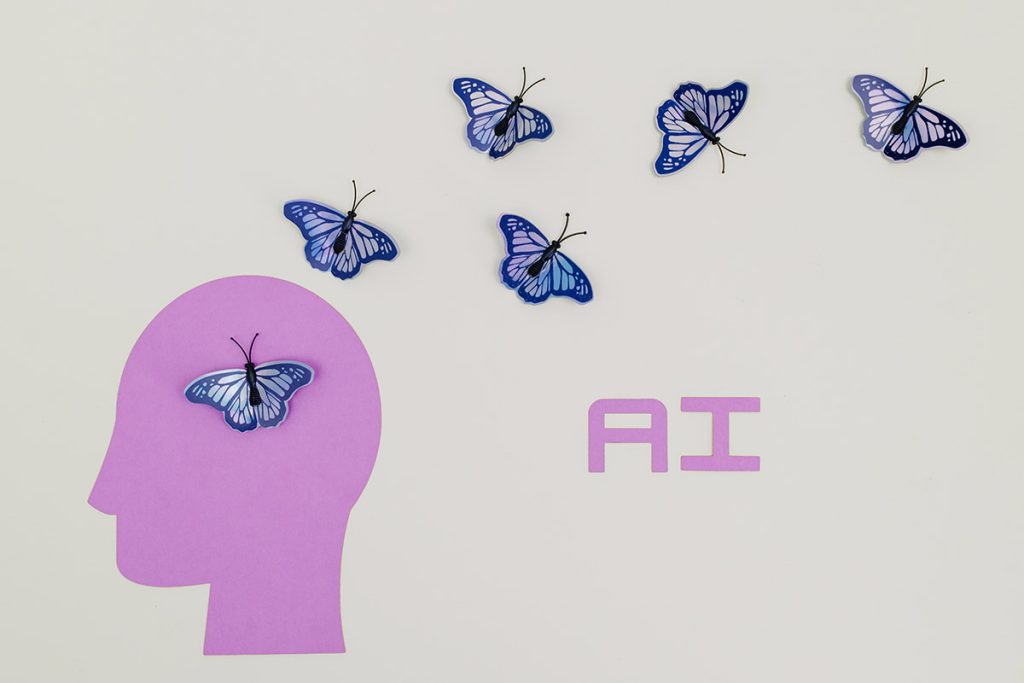
Human Expertise and Intuition
Human decision makers possess valuable expertise and intuition that are especially valuable in situations with limited data and high uncertainty. Relying on their experience, domain knowledge, and intuitive insights, human decision makers can navigate complex challenges and make sound choices.
AI and Human Bias
Addressing bias in AI algorithms is a crucial concern for developers and decision makers alike. While AI can be designed to minimize bias, it is essential for human decision makers to be aware of their own biases and actively mitigate them in their choices.
The Role of Creativity
Creativity is a unique aspect of human decision making that allows for innovative problem-solving and “out-of-the-box” thinking. The absence of creativity in AI systems highlights the distinctiveness of human cognition and decision-making processes.
In conclusion, exploring the differences between AI and human decision making sheds light on the unique strengths and limitations of each approach. The future lies in leveraging AI’s capabilities to enhance human decision making while safeguarding ethics, creativity, and empathy. Striking a harmonious balance between AI and human decision makers will lead to more informed, responsible, and impactful choices in the ever-evolving world of decision making.
The Journey Ahead
As AI continues to advance, it unveils both the potentials and limitations of human cognition. The quest to understand the distinctions between human and machine decision making will likely lead to remarkable discoveries. While AI may surpass human intelligence in specific tasks, it’s improbable to replicate the entirety of human cognitive capabilities.
In conclusion, the future holds exciting prospects for the harmonious integration of AI and human decision making. Embracing the unique qualities of both will pave the way for a more sophisticated and enlightened era of technology and human collaboration. As we navigate this journey, let’s appreciate the essence of human decision making while embracing the possibilities of artificial intelligence. After all, our collective intelligence as a species is unparalleled and holds the key to shaping a better world.
Keep reading on decision making:
- Harnessing Systematic Decision Making for Competitive Edge
- Exploring the Connection Between OKRs and Decision Making
- Decoding Collective Illusions: Unraveling the Impact on Decision Making
Boost Your Decision-Making with our FREE 10-10-10 Rule Template!
Are you tired of second-guessing your choices? Unleash the power of smarter decision-making with our exclusive 10-10-10 Rule Template – designed to help you make sound and strategic choices effortlessly. Say goodbye to confusion and hello to clarity! Grab your FREE template for Notion now and take control of your future!
